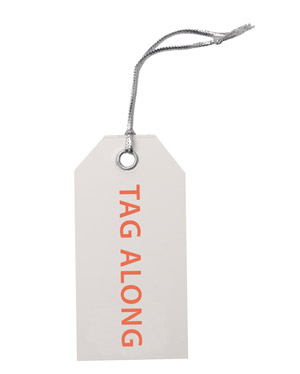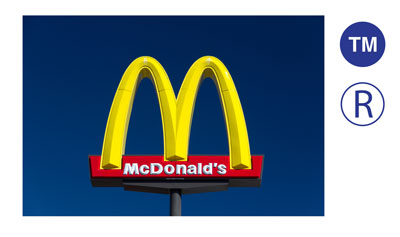
- Tag along
-
A contractual connection between shareholders. It entails that if a buyer offers to buy a shareholder's shares, the buyer must make the same offer to the other shareholders who are parties to the agreement. The other shareholders then have the right but not the obligation to "tag along" in the transaction.
Tag along is a protection for minority owners in case a majority owner sells her or his shares to an undesirable new owner. It also gives a minority owner an opportunity to sell his or her shares if there is a good offer.
Image: Shutterstock







